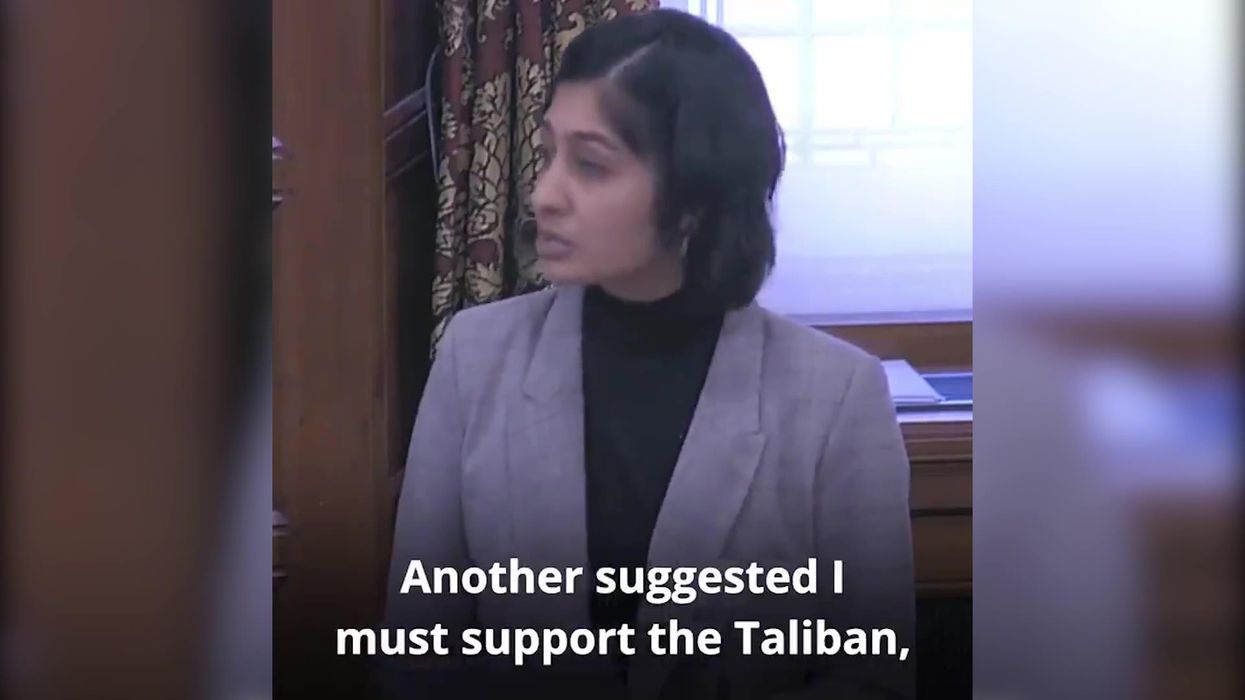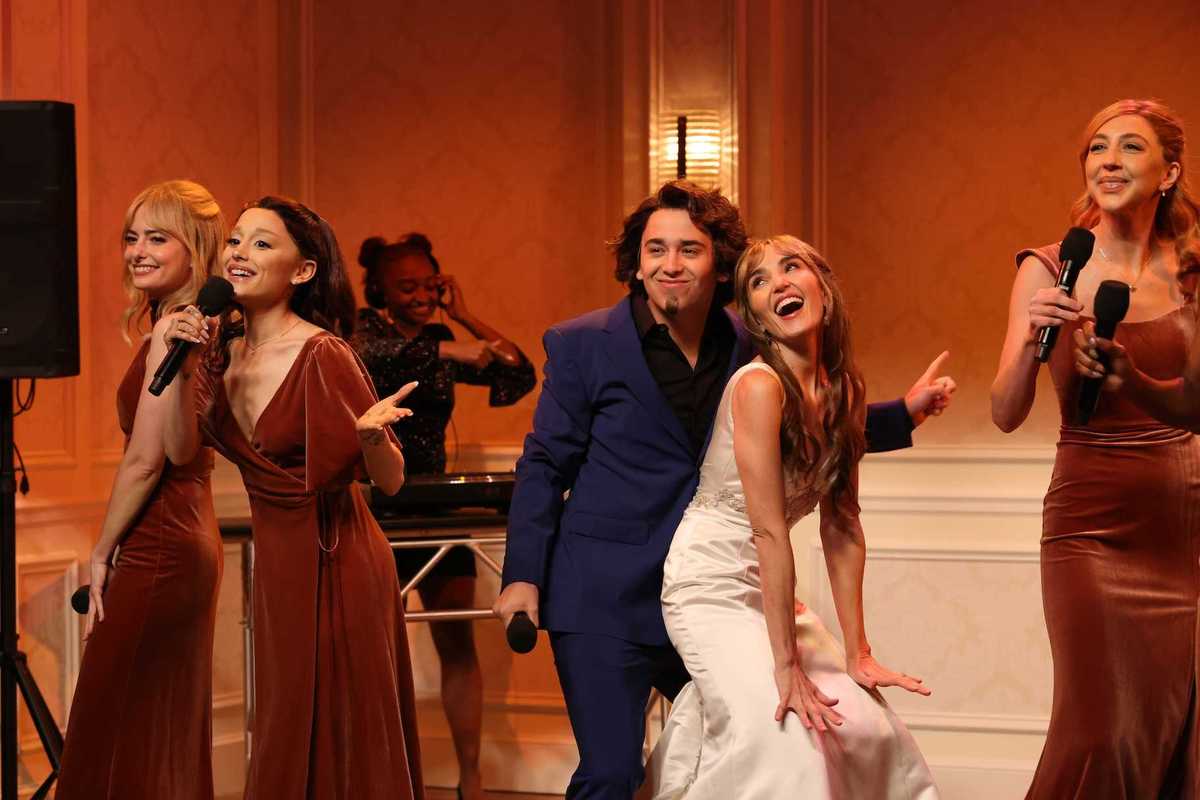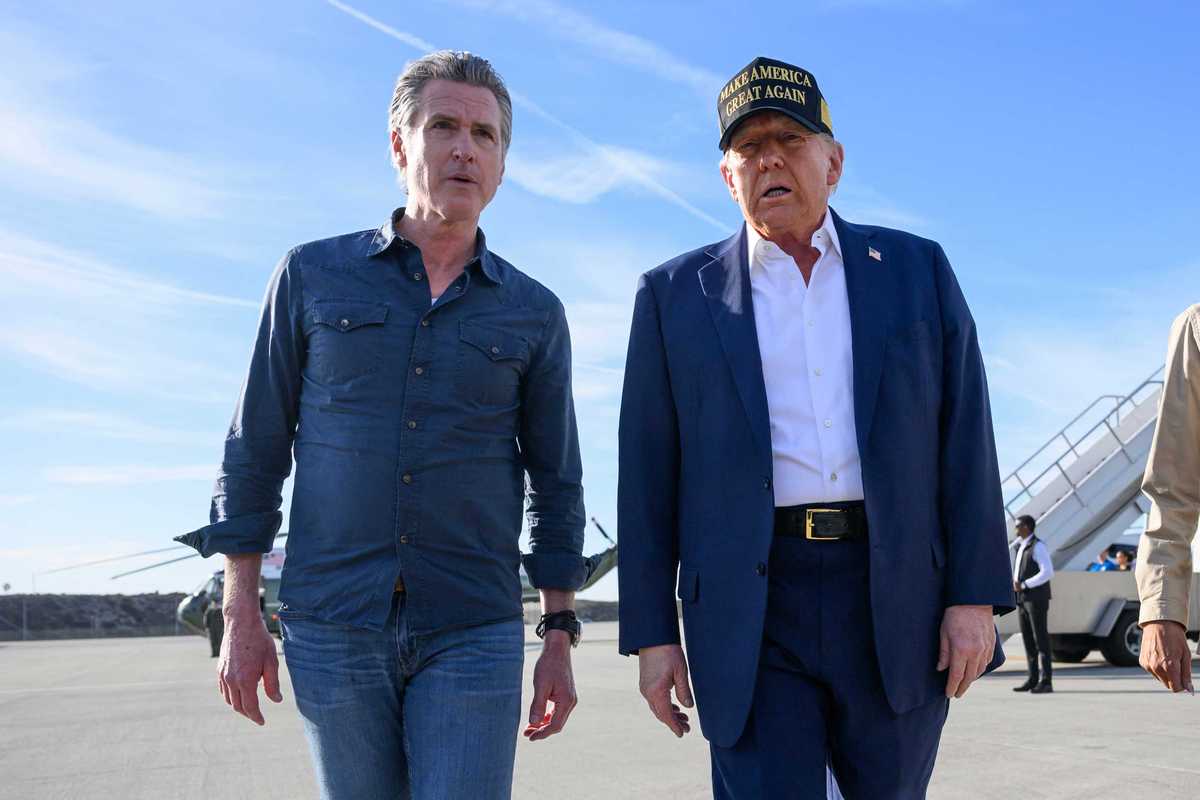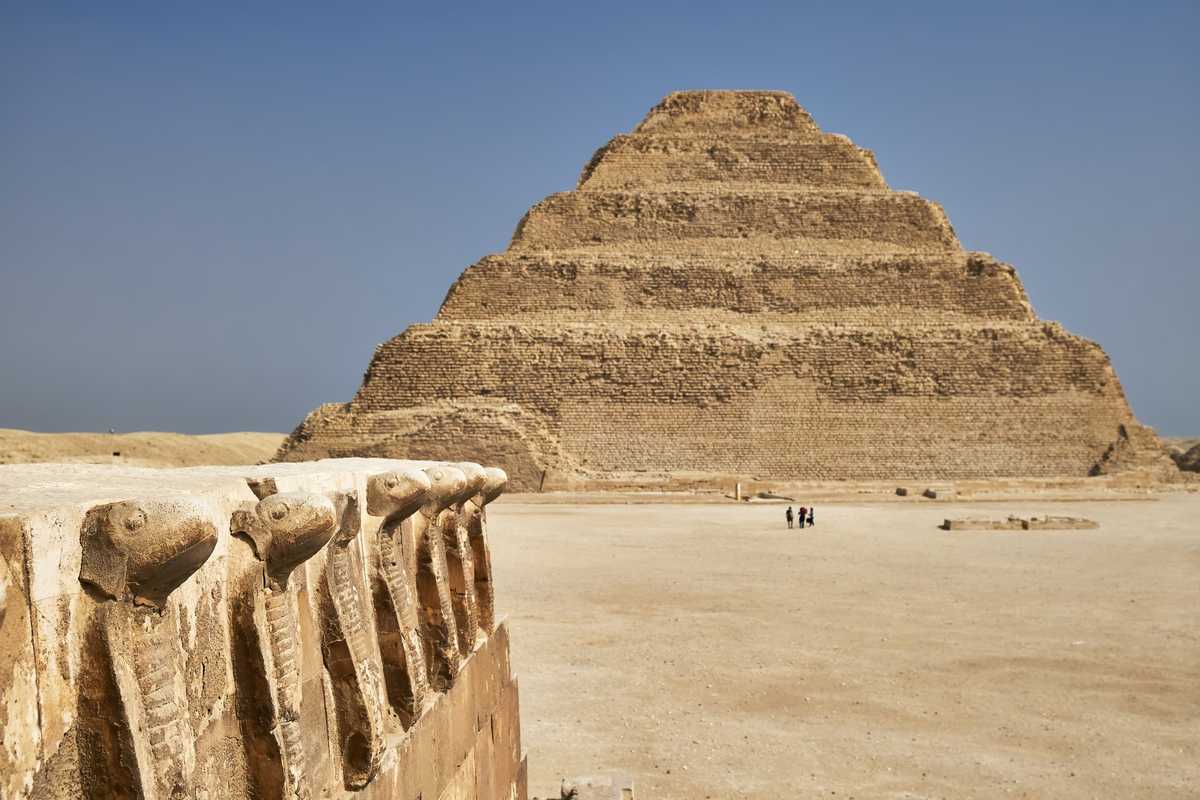Elaine McCallig
Jan 08, 2023
Labour MP Zarah Sultana praised for powerful speech about Islamophobia in Britain
Indy
One of Britain’s youngest imams has spoken out to raise awareness for Islamophobia in the media and in society.
Adeel Shah, 27, said that although the UK is generally an accepting, multicultural society, there is an unconscious bias prevalent in the media.
Adeel is one of an estimated 30,000 Ahmadi Muslims based in the UK, and he began studying to become an imam at 17. Adeel studied comparative religions for seven years before working in southwest London.
He told Indy100: “For me as a Muslim, it’s enough for me to read the headline to know what a story is going to be about.”
He said that there is a double standard in that there is a tendency to be quick to label a crime perpetrated by a “so-called Muslim” as “terrorism”.
Sign up to our free Indy100 weekly newsletter
But if it’s perpetrated by someone of another belief there is more of a focus on the individual’s mental health, citing the Plymouth shooting as a tragic recent example.
“I say so-called Muslim because nothing in Islam accepts, motivates, or even allows terror or terrorism,” he said. “The word Islam means peace. You can’t have peace with terrorism.
“The precedent that the media sets is that when you think about terror or terrorism - automatically, intrinsically, subconsciously - people think about Muslims.
“There is a verse in the Quran which says there is no compulsion in religion, and there’s another verse that says that if you kill a single soul it’s as if you’ve killed all of humanity; whereas if you save a single soul, it’s as if you saved all of humanity.”
“The underlying main point is that every religion has people who misconstrue, misunderstand, and misrepresent the religion. If someone was to blame the KKK or the IRA or the Lord's Resistance Army on Christianity, I’d be the first one to stand up and say ‘no that is totally wrong’.”
According to Home Office statistics released last year, in the year ending March 2021 a little under half (45 per cent) of religious hate crime offences in England and Wales were targeted against Muslims, or those perceived to be Muslim, with 2,703 offences taking place. The year before, it was 50 per cent (3,089 offences).
After Conservative MP Sir David Amess was killed in October of last year, Adeel and his friend travelled to the late MP’s constituency to pay their respects, show their solidarity with the community, and to meet with the reverend of the church Sir David attended.
But while in Leigh-on-Sea, Adeel and his friend were warned there could be a spike in hate crime, and to “watch their backs”. At that point, the perpetrator hadn’t been named.
He said: “That, for me, was really shocking.
“We’re living in a multicultural society, we’re living in a place which is accepting of different races, and backgrounds, and ethnicities.
“You don’t want to be walking out where you need to be told ‘oh, be mindful of your back’ because you’re a Muslim, because you fit the description of someone who apparently there’s hate towards, and it really took me aback and that really made me upset.”
By reaching out, Adeel hopes to challenge the misconceptions surrounding Islam.
Following the 2017 Westminster Bridge terror attack in London, Adeel along with 400 to 500 other Muslims visited the bridge wearing blue t-shirts that read: “I am a Muslim, ask me anything?”.
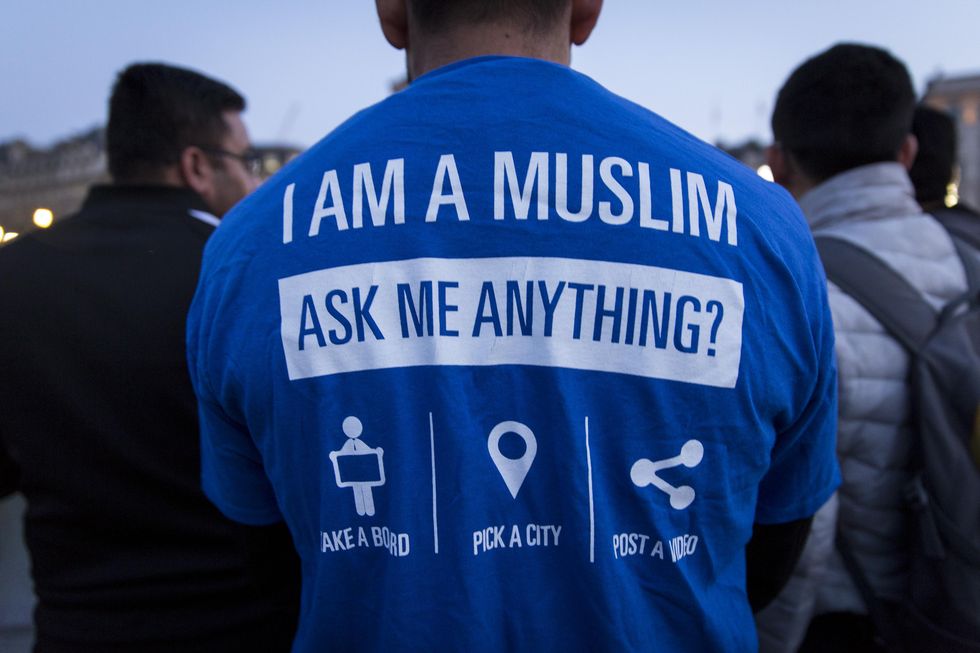
Adeel said one interaction from the day sticks out in his mind. While holding a sign with the Ahmadiyya slogan, “love for all, hatred for none”, he was approached by an older man who disapprovingly asked what he was doing there.
Thankfully, the man was open to having a conversation. Adeel spoke to him for ten minutes, and told him about the vast amount of charity and community work carried out by the Ahmadiyya Muslim community.
He said: “He was so impressed that he ended up giving me a hug. But the next thing he said was really heartbreaking. He said he had been living in London for eight or ten years, and this is the first time I’ve spoken to a Muslim.”
Adeel recalls feeling shocked, and said it goes to show that there are people who will formulate their opinions based on the headlines.
Serving the community is an integral and essential part of faith for Adeel and the wider Ahmadiyya Muslim community.
Both locally and internationally, Ahmadi Muslims regularly carry out charity walks, tree planting sessions, blood drives, initiatives to feed the homeless, and build schools in developing countries.
During the pandemic, the community in the UK immediately sprung into action and were ready to run errands for neighbours, collect groceries, or even just make a friendly phone call.
In the UK alone during the first nine months of the pandemic, the community delivered food and medicine to over 21,000 households, delivered 673,000 pieces of PPE on behalf of the government, and sent over 10,000 food packages and 6,290 pieces of PPE to frontline workers.
Over 1,600 meals were donated to the homeless, 150 children were provided with daily healthy snacks for four weeks, and over 500 toys were donated to orphanages.
Each November, they help out with the British Royal Legion’s poppy appeal and on New Year’s Day, 900 Ahmadi Muslims woke up early to clean the streets because that’s how they wanted to start 2022.
Adeel said: “However we can, we try to contribute and play our part in society because that is what Islam teaches us to do.”
Have your say in our news democracy. Click the upvote icon at the top of the page to help raise this article through the indy100 rankings.
Top 100
The Conversation (0)
